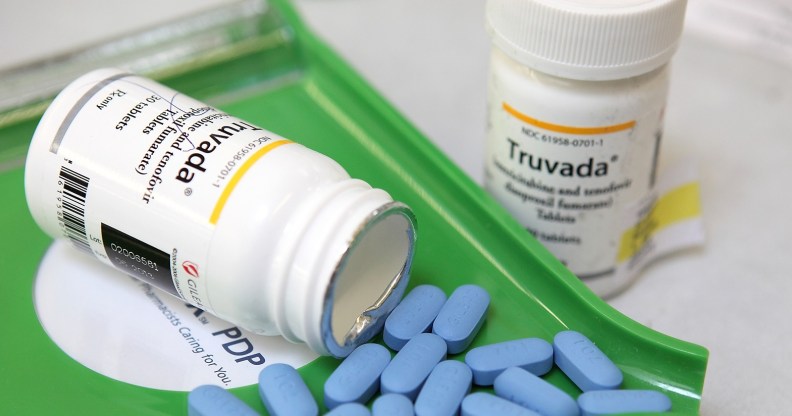London Councils: NHS ‘stalling’ HIV prevention decision until drug patent expiry

A representative for London Councils has alleged that NHS England is deliberately stalling a decision on HIV-preventing PrEP drugs until after patents have expired.
Pre-Exposure Prophylaxis (PrEP) drug Truvada can reduce people’s chances of being infected with HIV by up to 99 percent, if taken daily.
Though the drug is endorsed by the World Health Organisation and is available to at-risk gay men in a number of countries, NHS England has repeatedly deferred a decision on the drugs – despite a pilot scheme showed the drugs were incredibly effective at reducing HIV transmission among men who have sex with men (MSM).
This week, NHS England again declined to commission PrEP – claiming it has no legal authority to do so, while backing a further two-year trial at “early implementer” sites instead of a roll-out.
The move sparked anger from HIV campaigners, who have warned that the decision leaves England lagging on the issue.
Cllr Teresa O’Neill OBE, London Councils’ Executive Member for Health, said: “NHS England is playing a waiting game until the PrEP drug comes off patent in 2018 and London Councils and our health partners do not believe it is acceptable to let any more Londoners contract HIV while we wait.”
A complex web of patents surround the use of Pre-Exposure Prophylaxis.
Cllr O’Neill added: “We are disappointed that the urgent representations made by London Councils and our health partners about the importance of PrEP have been ignored.
“In London rates of HIV transmission remain high and it is worrying to see NHS England turn its back on a drug that focuses on prevention to address one of the capital’s most significant public health concerns.”
She added: “There has already been extensive testing of PrEP which shows that 86 per cent of those at risk who take the drug are protected from contracting HIV.
“More testing is not needed and only funding a limited number of test sites with £1 million per year over two years will be nowhere near enough to treat the number of people who need PrEP.
“The question of what happens to those 500 people given the drug after the two year period is over remains a worrying concern.”

